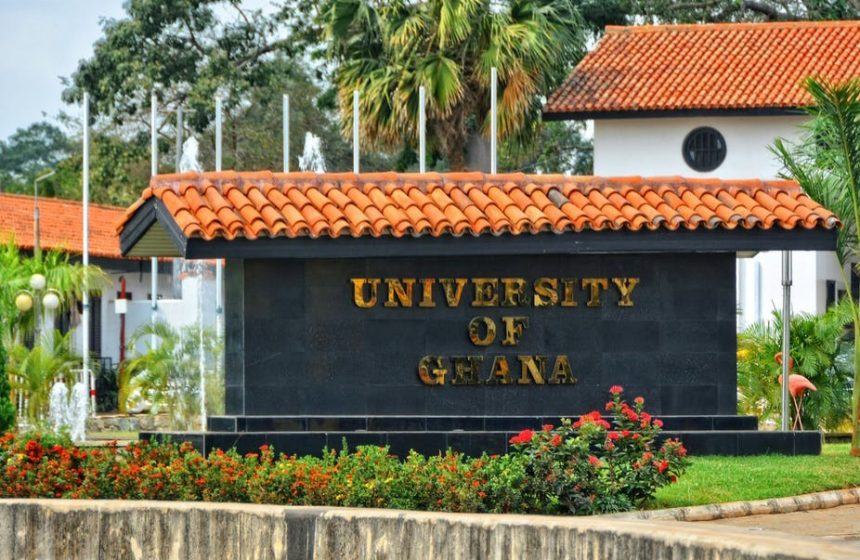The University of Ghana’s SRC elections continue to experience low voter turnout, even with the introduction of online voting. Out of 59,629 eligible voters, only 18,004 students participated in this year’s election, reflecting a modest increase from last year’s 16,185 voters out of 65,901.
This trend raises concerns about the widening gap between students and their leaders. While some students saw their preferred candidates win, many others chose not to engage with the process, raising questions about the causes of this persistent voter apathy.
Several students attributed the low turnout to factors such as not regularly checking emails when off-campus, coupled with a growing distrust in candidates’ ability to fulfill campaign promises.
“Most students don’t check their emails regularly when they are at home, so they don’t see the voting link or announcements of voting dates.”
“When candidates get into power, they don’t follow through on the promises they made during their campaigns.
Additionally, many students cited technical difficulties with the online voting process, such as weak internet connections, which further discourage participation.
“If you look at the way voting happens now—it’s online. If you don’t have a strong connection, or if you don’t have internet access at all, you cannot cast your vote.”
These concerns highlight deeper issues within the electoral process and spark a larger conversation about how to better engage students and ensure leadership accountability in the future.
–
Story by: Joycelyn Glory | universnews.ug.edu.gh





